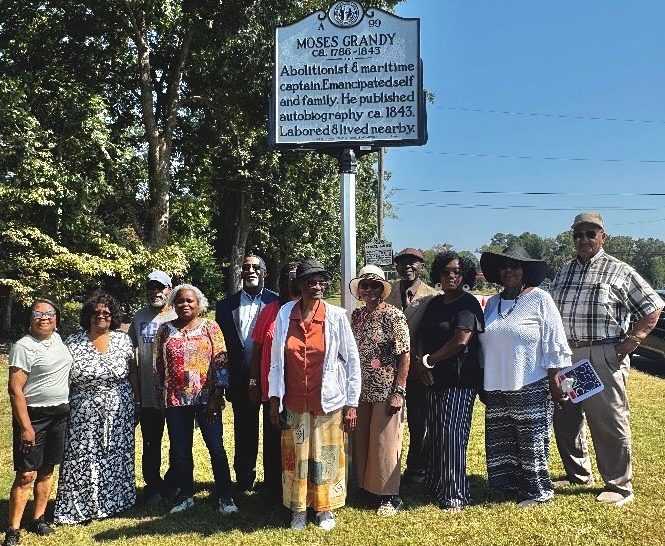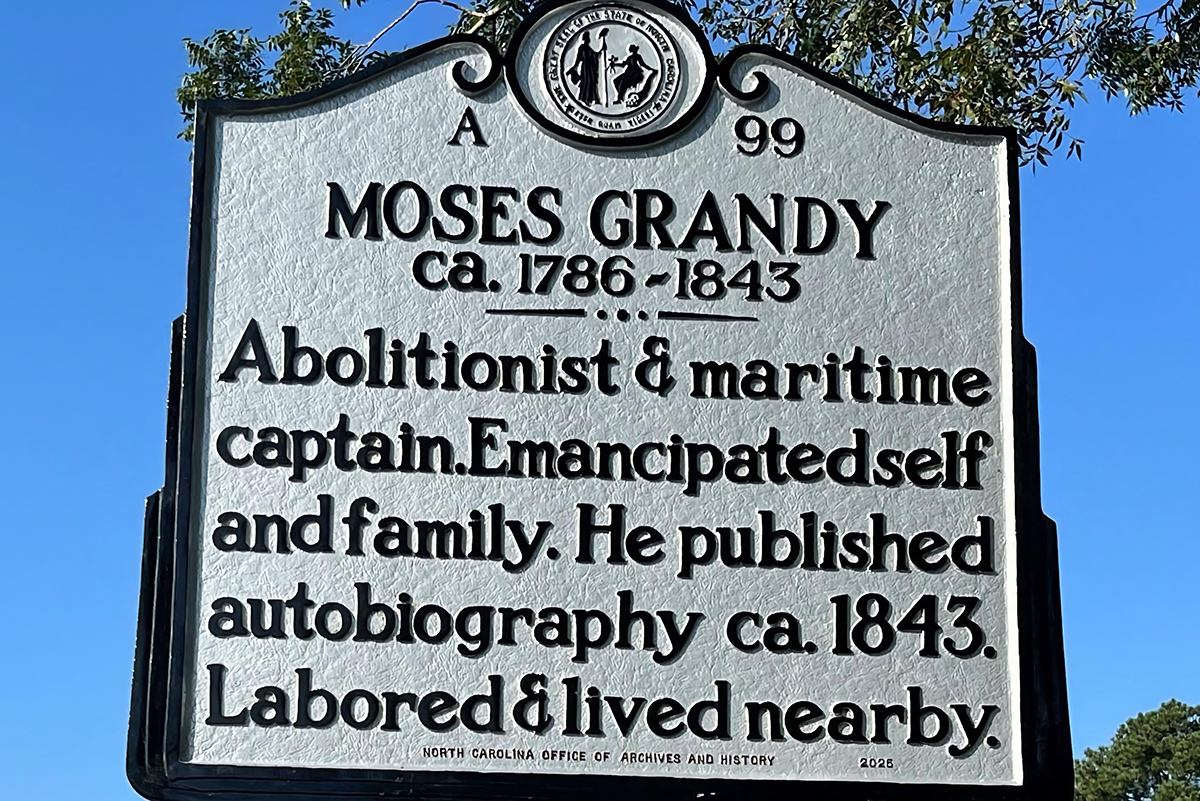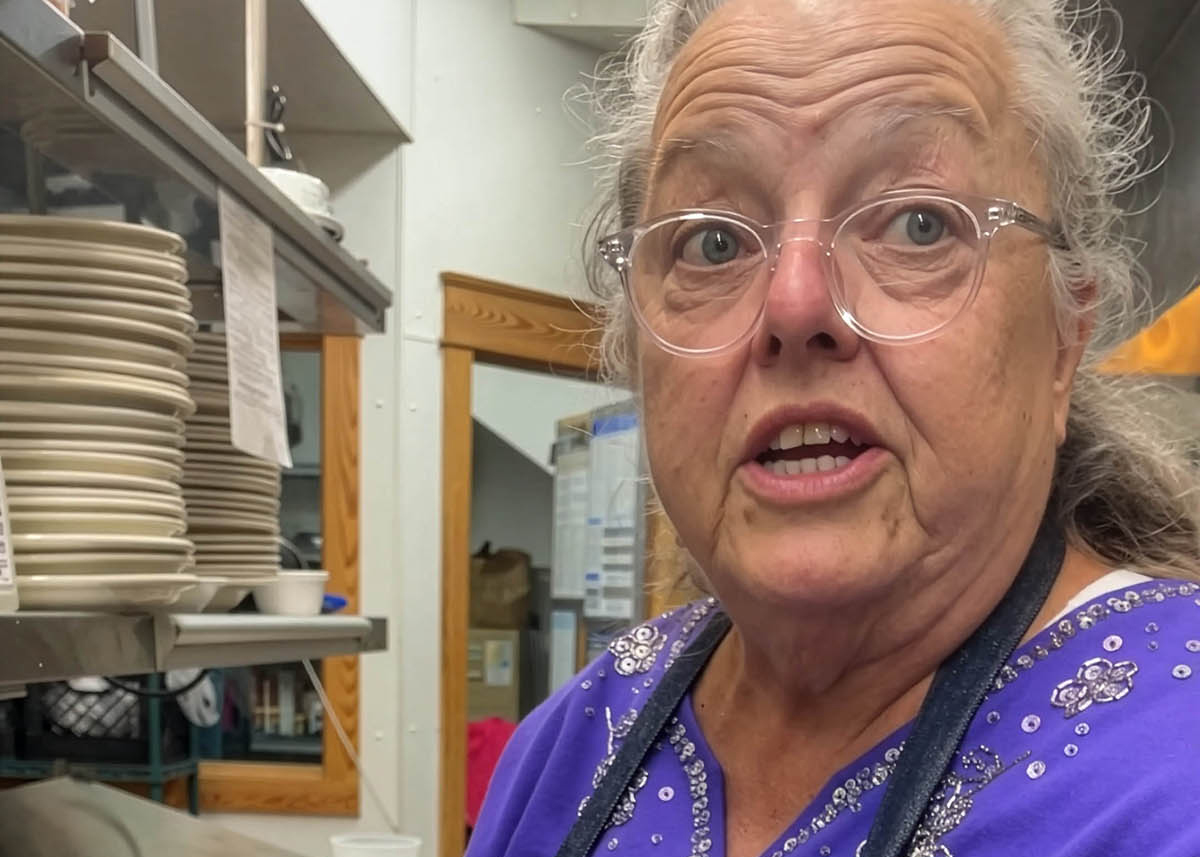SUNSET BEACH – Jan Harris did not know Sunset Beach existed before she and her husband, while hunting for a beach house on a whim, turned off U.S. 17 South in Brunswick County and headed toward the Atlantic Ocean.
“We drove across the old pontoon bridge and that was it,” she said.
Supporter Spotlight

In 1975, the Harrises bought a house on 37th Street on the small, barrier island where they enjoyed dreamy views of the ocean and Bird Island Reserve – undeveloped land that was privately owned at the time.
These were the pre-retirement years when they would escape to the beach from their home in Butner whenever they could.
These were the years before Jan Harris became part of something that would slingshot her into the role of environmental advocate, a position for which she is, it’s safe to say, most well known throughout Brunswick County.
Harris and her husband have been full-time residents of Sunset Beach now a little more than 20 years.
During much of that time she’s fought tirelessly to protect coastal resources, spearheading opposition to development in areas too close to inlets and preserving coastal waters.
Supporter Spotlight
She was among this year’s Pelican Award recipients, commended by the North Carolina Coastal Federation for being a “bulldog” in her advocacy efforts.
Harris chuckles at that description but there’s no denying that she’s doggedly persistent.
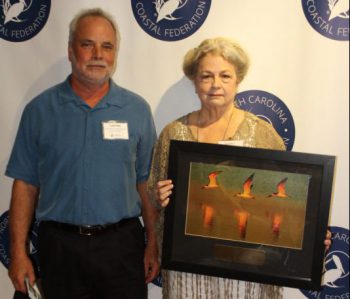
Reading through town board minutes from years past, writing letters, researching case law, becoming a fixture at town meetings and a regular at meetings of the North Carolina Coastal Resources Commission – Harris does what it takes to keep current on issues affecting her beloved beach town. She also keeps a firm finger on the pulse of what goes on back in Butner, where she and her husband also own a home.
She’s made a reputation for herself, making new friends and enemies along the way on a path that began in 1990 after then-Gov. Jim Hunt announced plans to open a five-state hazardous waste incinerator in Butner.
“That’s what really opened the door,” Harris said.
For eight months in 1990, Harris fought alongside neighbors of the small, diverse town about 15 miles north of Durham to keep the incinerator from being built there in Granville County.
As a member of the Granville Nonviolent Action Team, or GNAT, Harris witnessed her community unite.
She fondly recalls the day when dozens of the GNATs followed a drilling rig into the woods where it was to conduct tests. They locked arms in protest.
“We knew that morning that we were going to be arrested,” Harris said. “It was just so much fun. TV helicopters were flying overhead. It was all a very new experience and I didn’t know what was going to come next.”
She was 40 when she was arrested and carted back to town in a paddy wagon. Harris and the others walked away with only a warning: Go back to the site and you’ll go to jail. She heeded that warning.
To this day she remains a proud member of the “Butner 64,” those arrested within a span of three to four days protesting the incinerator.
Perhaps the same could not be said for her mother, at least initially. Television cameras captured Harris’ arrest.
“My mother saw it on TV,” she said. “She canceled her hair appointment for that afternoon.”
This was not the quiet, reserved Jan Harris her mother had raised.
“When I see an environmental injustice, I have to do something,” Harris said.
She carried the torch of environmental advocacy to Sunset Beach when she and her husband moved there full time in 1995.
“Immediately I said we need an environmental group down here,” Harris said.
She combed the local newspapers, writing down the names and keeping a list of those who’d written letters to the editor about environmental concerns in the county.
Harris reached out to those individuals and, in October 1996, she formed the Brunswick Environmental Action Team, or BEAT.
BEAT members attended and spoke at Coastal Resources Commission, or CRC, meetings and held educational meetings on everything from stormwater and water quality issues to the state’s Coastal Area Management Act, or CAMA, land use plan.
Harris put in plenty of 40-hour weeks as president of BEAT, an organization she said ran strong because of the “worker bees” in the group.
In 2005, Harris took on what would be her first major fight against development on Sunset Beach. A developer had applied for and received a CAMA major permit to build on the peninsula known as Riverside Drive, a development Harris fears will ruin shellfish waters.
The peninsula was created in the mid-1960s when a developer dredged a series of canals and placed the dredged material into adjacent wetlands.
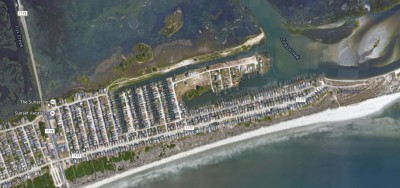
Against the odds friends said were stacked against her, Harris sent the CRC a letter requesting a third-party appeal of the North Carolina Department of Coastal Management’s decision to issue the permit. She got it.
“I didn’t have a lawyer. I didn’t have anything. I didn’t know squat about a third-party appeal,” she said.
She wrote professors at various law schools, including Duke and the University of North Carolina at Chapel Hill, asking for assistance. She was told she needed a lawyer. She eventually got one. Harris raised about $35,000 from Sunset Beach property owners to help cover legal fees.
“That’s how badly people on Sunset Beach didn’t want that development to happen,” she said.
An administrative law judge in 2006 ruled that Harris failed to show the development would likely pollute shellfishing waters. The CRC voted to allow the developer to keep the permit.
“That was the first loss I’d suffered and I’ve got to tell you it hurt,” Harris said. “I really felt like I let all those people down who gave money. I failed them. I still feel like that today.”
Shortly after that crushing defeat, Harris’ mother fell ill. Taking care of her became Harris’ priority.
BEAT, which lost several members to death, went defunct. It’s still an organization on the books, but it’s mothballed now. Finding determined, dedicated people to run the organization continues to be a challenge.
After Harris’ mother died in March 2013, Harris returned to her role as advocate just as another Sunset Beach controversy was brewing.
The CRC was going to consider removing Mad Inlet, a small, meandering inlet that had opened and closed over the years, from its inlet designation. Harris was at the commission’s public hearing, where she spoke in opposition to the designation change.
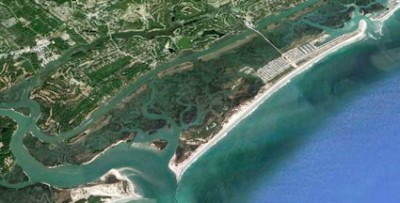
The CRC removed the designation and now oceanfront property where the inlet once flowed between the south end of Sunset Beach and Bird Island is being eyed for development.
That development has been stalled while the courts determine whether the developer or the town owns a portion of the property, a dispute that spurred the introduction earlier this year of Senate Bill 875 in the state legislature.
SB 875 proposed to de-annex a handful of properties, including the land at the southern end of the island, from the town.
The town vehemently fought the bill, sponsored by Sen. Bill Rabon, R-Brunswick, and eventually won.
As Harris keeps a watchful eye out for the latest on the proposed south-end development, she stays busy on the town’s Environmental Resource Committee.
As a member of that committee, Harris is now raising awareness of the town’s proposed plans to dredge the waterways around the island. Of particular concern to she and other members of the committee is the dredging of a portion of Jinks Creek, an area that’s never been dredged.
It’s another role that will keep her in the advocacy spotlight, one where she has become accustomed to being villainized.
“That part is not pleasant, but I’m used to it,” she said. “I know I’m not a villain. I know the cause I’m working for is worth working for.”




